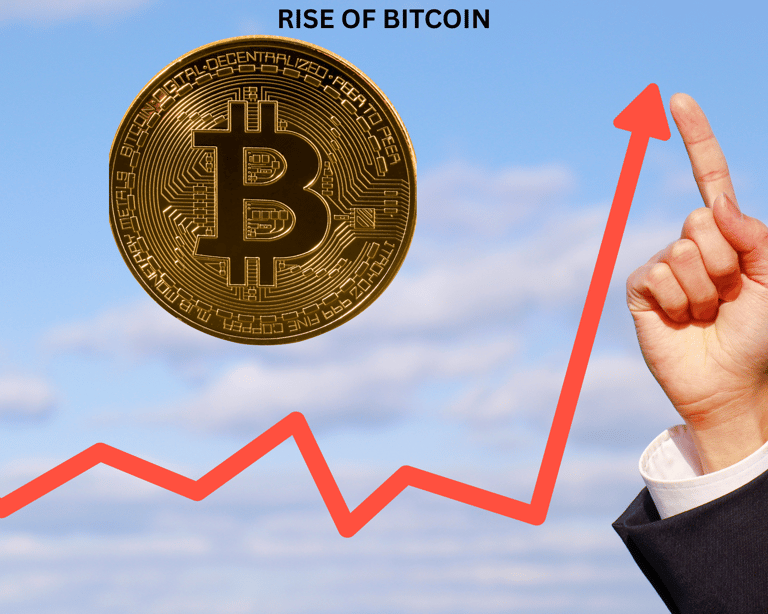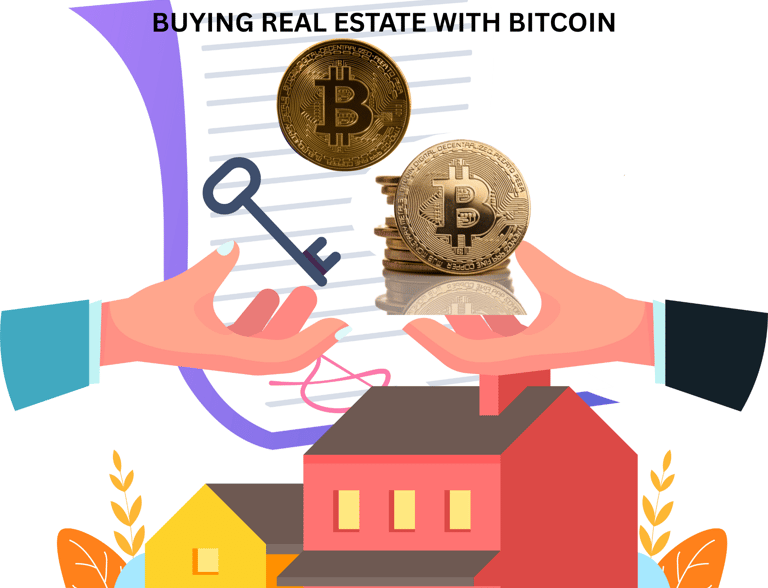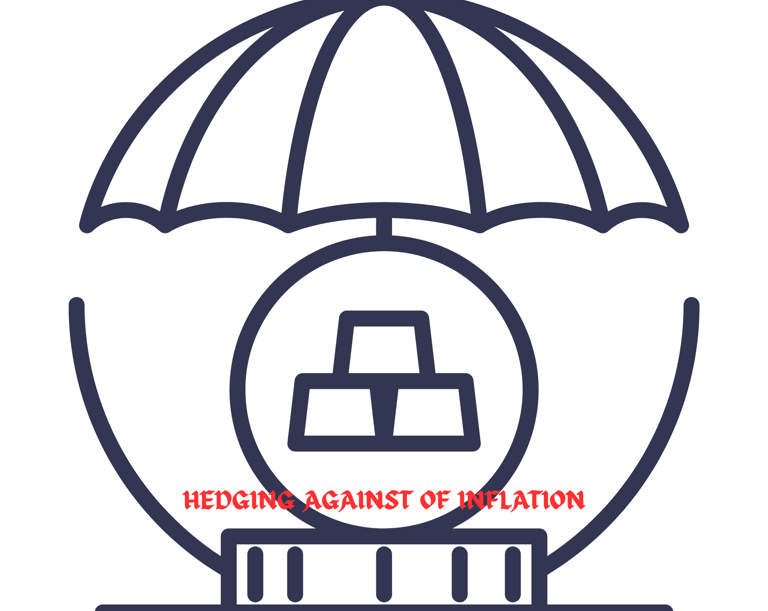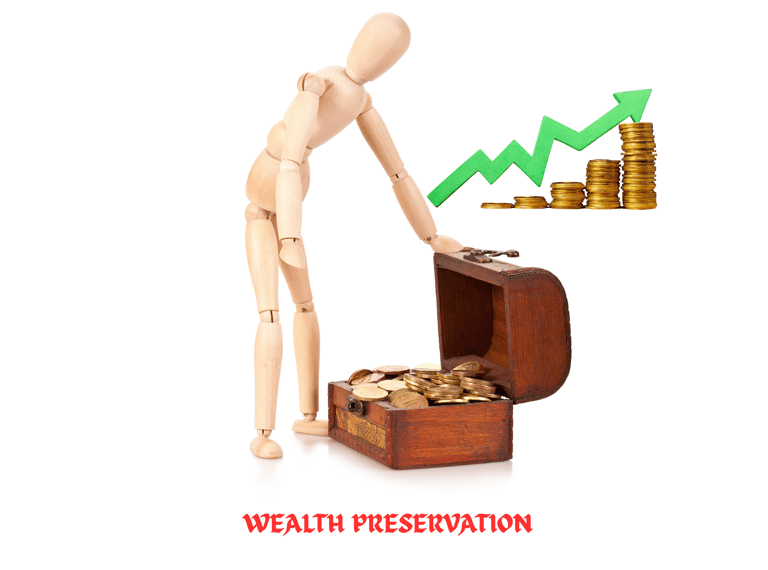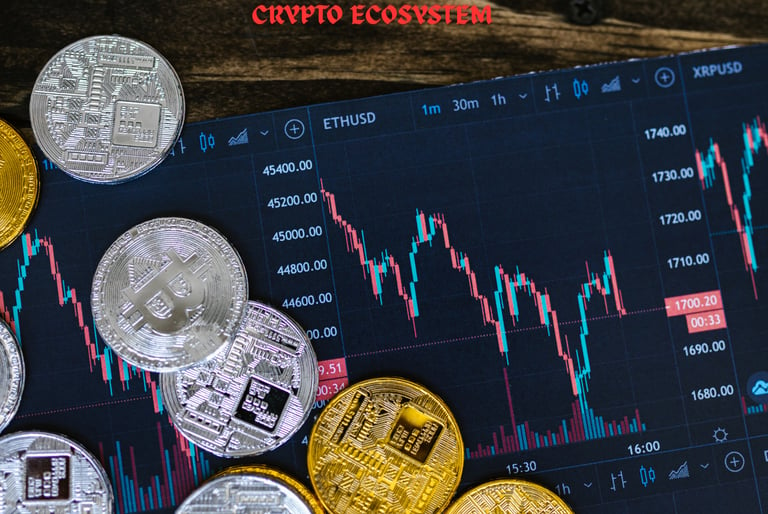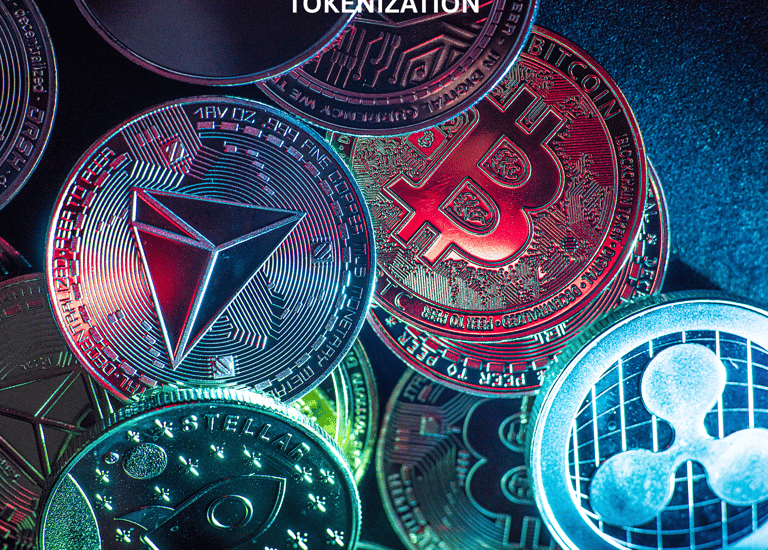Bitcoin and Real Estate
Bitcoin and Real Estate ,in the ever-evolving landscape of wealth creation and investment, two seemingly different worlds are beginning to intersect in fascinating ways. One is a centuries-old asset class grounded in tangible, physical ownership. The other, a digital currency born just over a decade ago, has disrupted the financial industry with its decentralized nature and explosive growth. At first glance, these two assets may appear to have little in common, but dig deeper, and you’ll find synergies, contrasts, and emerging trends that are reshaping how people view wealth, investment, and the future of finance.
flixah developers
4/15/20257 min read
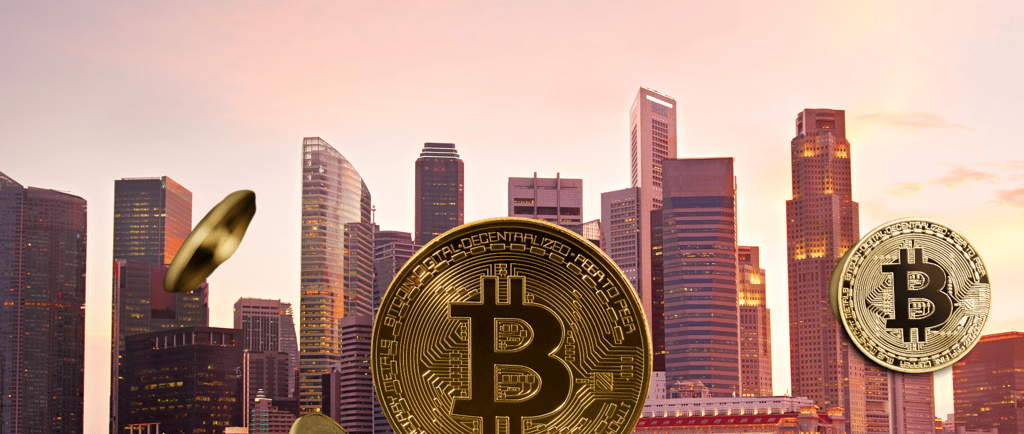

Bitcoin and Real Estate:
Bitcoin and Real Estate ,in the ever-evolving landscape of wealth creation and investment, two seemingly different worlds are beginning to intersect in fascinating ways. One is a centuries-old asset class grounded in tangible, physical ownership. The other, a digital currency born just over a decade ago, has disrupted the financial industry with its decentralized nature and explosive growth. At first glance, these two assets may appear to have little in common, but dig deeper, and you’ll find synergies, contrasts, and emerging trends that are reshaping how people view wealth, investment, and the future of finance.
Bridging the Gap Between Digital and Physical Assets
This article explores how Bitcoin and real estate are becoming intertwined, and why savvy investors are increasingly considering a portfolio that includes both.
The Rise of Bitcoin as an Asset Class
Bitcoin, created in 2009 by the anonymous figure Satoshi Nakamoto, started as a fringe experiment in decentralized finance. It has since grown into a global phenomenon with a market capitalization that has rivaled the world’s largest companies. Initially dismissed by traditional investors, Bitcoin has now earned a place in institutional portfolios, hedge funds, and family offices.
Bitcoin is often referred to as "digital gold" due to its fixed supply of 21 million coins and its utility as a store of value. However, it’s not just a hedge against inflation; it’s also a symbol of a decentralized future, where financial power is removed from centralized institutions and given back to individuals.
As governments continue to print money and inflation remains a concern in many parts of the world, Bitcoin has gained credibility as a hedge against fiat currency devaluation. But how does this digital asset relate to the bricks-and-mortar world of real estate?
Real Estate: A Time-Tested Path to Wealth
Real estate has long been one of the most stable and trusted forms of investment. Land and property tend to appreciate over time, and they offer the added benefit of producing income through rent. Unlike Bitcoin, which is highly volatile, real estate offers stability and predictability—two things that conservative investors value greatly.
Moreover, real estate is a fundamental human need. People need places to live, work, and socialize. This demand creates an inherent value in land and property that can never truly be replicated digitally.
While Bitcoin represents innovation and disruption, real estate represents tradition and tangibility. Yet, both have proven track records for building wealth—and increasingly, investors are discovering that they don’t have to choose between them. Instead, they can leverage the strengths of both.
Where Bitcoin Meets Real Estate
The convergence of Bitcoin and real estate is no longer a futuristic concept—it’s happening right now. Here are several ways these two asset classes are intersecting:
1. Buying Real Estate with Bitcoin
Several high-end real estate developers and brokers around the world now accept Bitcoin as a form of payment. In places like Miami, Dubai, and Lisbon, luxury properties are being listed with price tags in BTC. This trend is gaining popularity among crypto millionaires who want to convert their digital wealth into physical assets.
For example, in 2021, a Miami penthouse was sold for $22.5 million entirely in cryptocurrency, marking one of the most expensive real estate deals paid in digital currency. These deals not only showcase Bitcoin’s real-world utility but also its growing legitimacy in the eyes of regulators and traditional investors.
2. Tokenization of Real Estate
Blockchain technology—the foundation of Bitcoin—is also revolutionizing how real estate is owned and traded. Through tokenization, a property can be divided into digital shares (tokens) and sold to investors globally. This allows fractional ownership of real estate, breaking down traditional barriers such as high capital requirements and geographic limitations.
For instance, instead of needing $500,000 to invest in a commercial building, you might only need $500 to buy a token that represents a share in that building. These tokens can be traded on secondary markets, offering liquidity that is rare in traditional real estate investments.
This fusion of real estate and blockchain creates a new hybrid investment that combines the stability of property with the flexibility of digital assets.
3. Using Bitcoin-Backed Loans to Invest in Real Estate
Another emerging trend is using Bitcoin as collateral to secure real estate loans. Rather than selling their Bitcoin (and potentially incurring capital gains taxes), investors can pledge it as collateral to obtain fiat loans and use those funds to buy property.
Platforms like BlockFi and Ledn have popularized this concept, allowing Bitcoin holders to retain their crypto exposure while simultaneously leveraging it to build a real estate portfolio. This strategy allows for dual exposure: the potential upside of Bitcoin and the long-term stability of real estate.
Advantages of Combining Bitcoin and Real Estate
Bringing these two asset classes together creates a powerful synergy that appeals to modern investors. Here’s why:
1. Diversification
Bitcoin and real estate operate in very different economic environments. While Bitcoin may thrive during times of financial instability or inflation, real estate performs well in growing economies with stable interest rates. Together, they offer a natural diversification that helps mitigate risk.
2. Hedging Against Inflation
Both Bitcoin and real estate are considered hedges against inflation. Real estate appreciates as construction costs and land values rise. Bitcoin, with its fixed supply, also becomes more valuable as fiat currency loses purchasing power. Holding both offers a double layer of protection.
3. Wealth Preservation and Growth
Real estate is often used for preserving wealth—its value rarely drops to zero, and it can be passed down through generations. Bitcoin, on the other hand, is a high-growth asset. Combining the two allows investors to grow their wealth while ensuring it remains secure.
4. Global Reach and Borderless Opportunities
Bitcoin is inherently global, and tokenized real estate is following suit. Investors can now buy shares in properties around the world without the traditional red tape. This democratization of access opens up global markets to small investors who were previously locked out.
Risks and Challenges
Despite the exciting prospects, combining Bitcoin and real estate comes with risks and challenges that investors must consider.
1. Volatility of Bitcoin
Bitcoin's price can fluctuate wildly, sometimes moving 10% in a single day. Using it to buy real estate or secure a loan comes with the risk that its value could drop significantly, impacting the overall investment.
2. Regulatory Uncertainty
Governments are still figuring out how to regulate cryptocurrencies. Some countries have embraced Bitcoin, while others have banned it outright. Real estate transactions involving Bitcoin may face regulatory scrutiny, delays, or legal complications.
3. Security Concerns
Digital wallets, exchanges, and smart contracts are all susceptible to hacking if not properly secured. Investors in tokenized real estate or Bitcoin-backed loans need to understand how to protect their digital assets.
4. Liquidity Risks in Tokenized Real Estate
While tokenization promises liquidity, secondary markets for real estate tokens are still in their infancy. Finding buyers for these tokens can be difficult, and their value may not always reflect the underlying property’s worth.
The Future: A Unified Real Estate-Crypto Ecosystem?
As blockchain technology matures and public trust in digital assets increases, the fusion of Bitcoin and real estate may become commonplace. We may soon see a future where:
Smart contracts handle the entire real estate transaction—from title transfer to escrow—on the blockchain.
Property management, rent collection, and maintenance are tracked and paid for via cryptocurrency.
Governments adopt crypto-friendly policies, allowing for seamless, tax-efficient property transactions in Bitcoin.
In this future, Bitcoin is not just a store of value—it’s a medium of exchange that can seamlessly integrate into the world’s most valuable asset class.
Conclusion: Two Sides of the Wealth Coin
Real estate and Bitcoin may seem like opposites—one physical and traditional, the other digital and revolutionary. But in today’s interconnected world, they’re increasingly part of the same conversation.
Real estate offers stability, income, and legacy. Bitcoin provides growth, decentralization, and flexibility. Together, they form a balanced investment approach for modern wealth builders who understand the value of both worlds.
Whether you’re a millennial looking to diversify your crypto gains into your first home, a real estate investor seeking new funding models, or a tech-savvy entrepreneur aiming to tokenize properties, the intersection of Bitcoin and real estate holds immense potential.
This isn’t just a trend—it’s a transformation. And those who adapt early may find themselves not only preserving their wealth but multiplying it in ways the previous generation could have never imagined.
for more news on real estate & investing opportunities visit our site https://flixahdeveloperspvtltd.com/
reach us @ +91 9129992994 & +91 9885026789
follow us on
